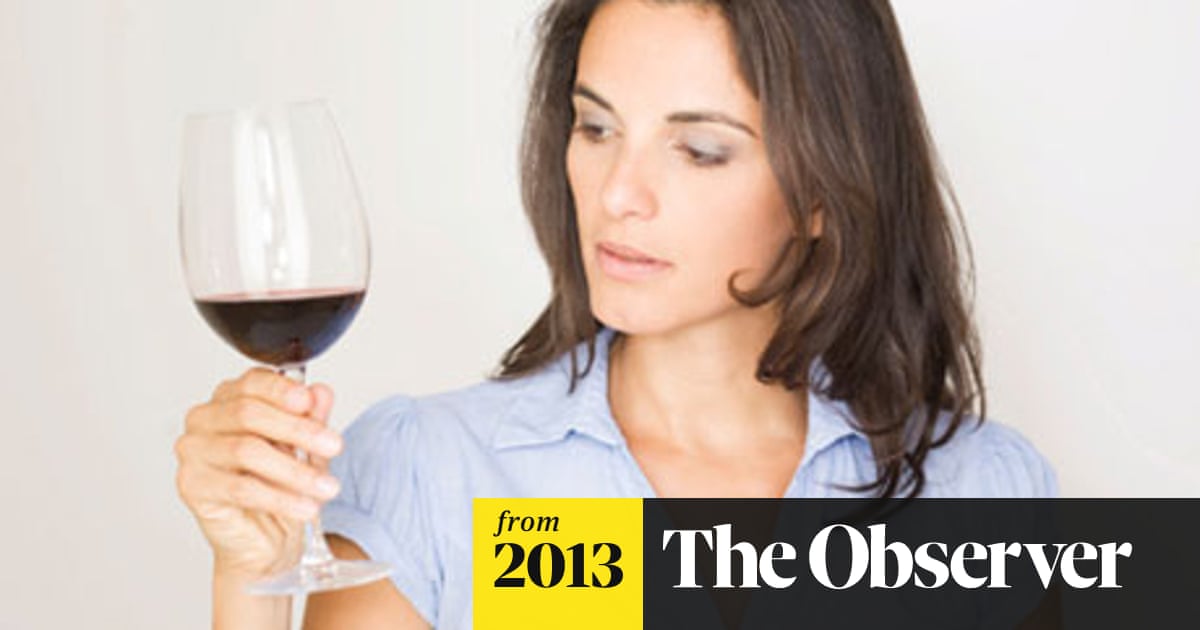BobbyTimmons
Senior Member
- Joined
- Dec 26, 2019
- Messages
- 355
- Likes
- 403
Individuals who are unaware of the price do not derive more enjoyment from more expensive wine. In a sample of more than 6,000 blind tastings, we find that the correlation between price and overall rating is small and negative, suggesting that individuals on average enjoy more expensive wines slightly less. For individuals with wine training, however, we find indications of a non-negative relationship between price and enjoyment
Our main finding is that individuals who are unaware of the price do not, on average, derive more enjoyment from more expensive wine. In fact, unless they are experts, they enjoy more expensive wines slightly less.
For pro wine tasters.Marketing provides one channel through which consumers can be influenced to buy certain wines. But it is not the only one: wine critics/experts may also play a role in affecting wine prices and shaping consumer preferences. For example, Hadj Ali et al. (2007) fi nd a positive effect of wine critic Robert Parker’s ratings on the price of Bordeaux wine. There is, however, some research expressing scepticism towards wine ratings and their use for the average wine drinker. According to Quandt (2007), many wine ratings do not actually convey any information, nor is there substantial agreement in ratings by experts. Consistent with this view, Weil (2007) investigates whether wine descriptions by experts convey information to wine consumers. This is tested by having testers match wine descriptions to wines. In a similar setup to Weil (2001, 2005), tasters are asked to distinguish the odd one out of three different glasses of wine. Only about 50% of the participants in Weil (2007) can distinguish the odd one out, and of those who manage to do it, only about half can correctly match a wine critic’s description of the wine with the wine itself – which is no better than a random guess. https://wine-economics.org/wp-conte...nce-from-a-Large-Sample-of-Blind-Tastings.pdf
Each panel of four judges would be presented with their usual "flight" of samples to sniff, sip and slurp. But some wines would be presented to the panel three times, poured from the same bottle each time. The results would be compiled and analysed to see whether wine testing really is scientific.
The first experiment took place in 2005. The last was in Sacramento earlier this month. Hodgson's findings have stunned the wine industry. Over the years he has shown again and again that even trained, professional palates are terrible at judging wine.
"The results are disturbing," says Hodgson from the Fieldbrook Winery in Humboldt County, described by its owner as a rural paradise. "Only about 10% of judges are consistent and those judges who were consistent one year were ordinary the next year.
Colour affects our perceptions too. In 2001 Frédérick Brochet of the University of Bordeaux asked 54 wine experts to test two glasses of wine – one red, one white. Using the typical language of tasters, the panel described the red as "jammy' and commented on its crushed red fruit.
The critics failed to spot that both wines were from the same bottle. The only difference was that one had been coloured red with a flavourless dye.
For Hutchinson and Hodgson the unpredictability means that human scores of wines are of limited value. https://www.theguardian.com/lifeandstyle/2013/jun/23/wine-tasting-junk-science-analysis
Last edited:



